Essential Gardening Tips for Beginners and Experts
Gardening is a rewarding and therapeutic activity that appeals to people of all experience levels. Whether you’re a beginner looking to start your first garden or an expert aiming to refine your green thumb, there are essential gardening tips that can help you succeed. By following proven techniques and best practices, you can cultivate a thriving garden that enhances both your outdoor space and well-being.
1. Choose the Right Plants for Your Climate
One of the most crucial gardening tips is to choose plants suited to your climate. Beginners often make the mistake of selecting plants based on appearance rather than adaptability. Plants that thrive in warm, sunny environments may not do well in colder, shaded areas. Research the best plants for your garden zone and consider factors like temperature, humidity, and sunlight. This approach ensures that your plants are more likely to grow healthy and strong.
For those looking to grow a variety of plants, consider perennials and native plants. These plants are typically hardier and require less maintenance, making them ideal for both beginners and seasoned gardeners.
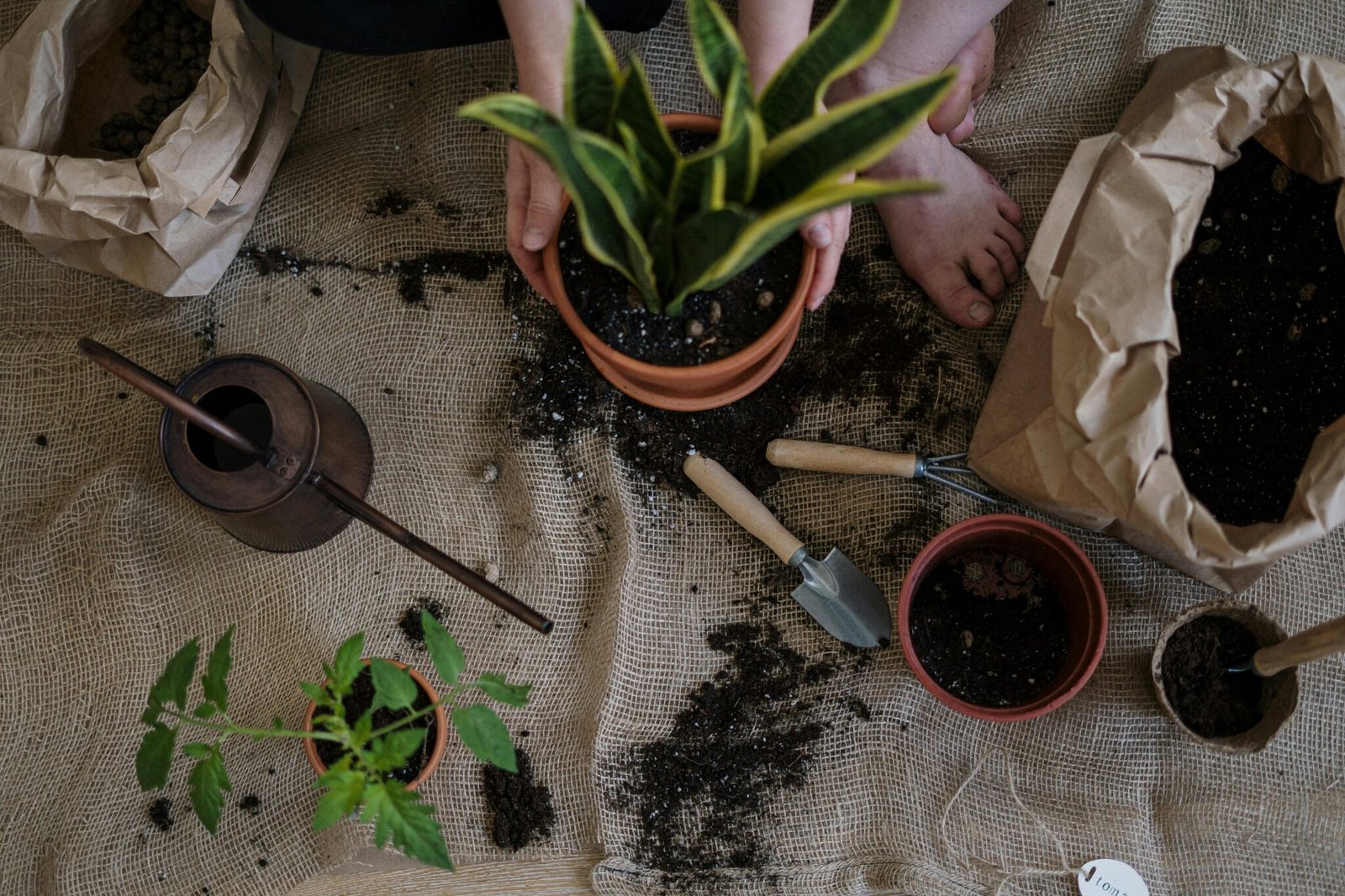
2. Prepare Your Soil Properly
Healthy soil is the foundation of any successful garden. Before planting, it’s important to test your soil’s pH level and nutrient content. Most plants thrive in soil that is slightly acidic to neutral, with a pH between 6.0 and 7.0. If your soil lacks nutrients or has poor structure, amend it with organic compost or fertilizers. Composting is an eco-friendly way to enrich your soil while reducing waste.
Lorem ipsum dolor sit amet, consectetur adipiscing elit. Ut elit tellus, luctus nec ullamcorper mattis, pulvinar dapibus leoExperts suggest that loamy soil is the best type for gardening because it balances moisture retention and drainage. For beginners, investing in quality soil or organic compost can make a huge difference in plant growth.
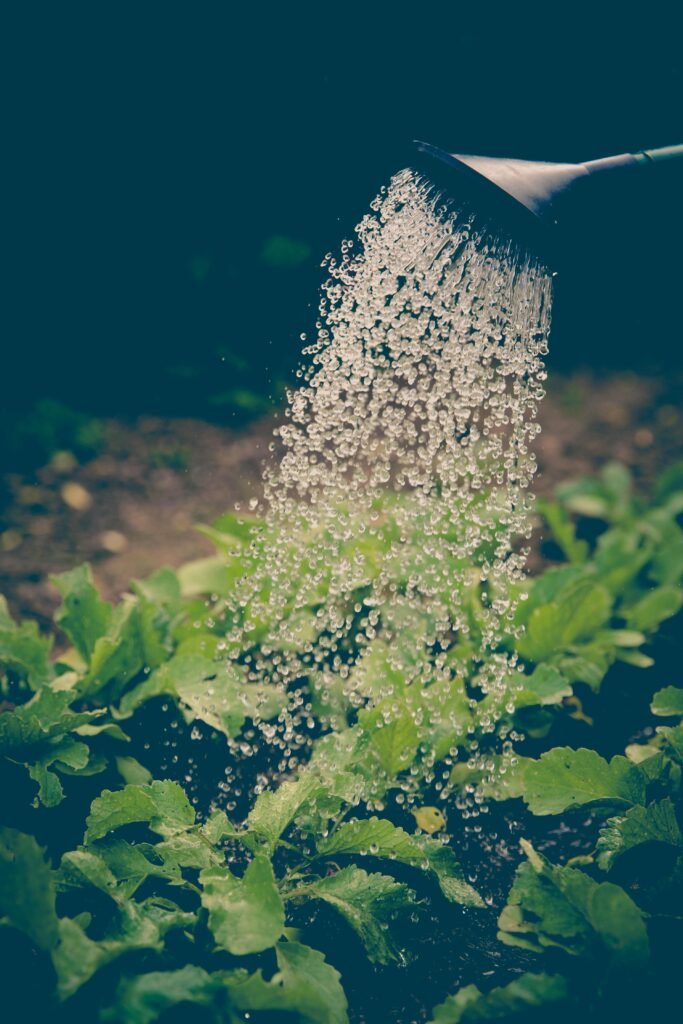
3. Watering Wisely
Watering is an essential aspect of gardening, but over-watering or under-watering can harm plants. One of the top tips for beginners is to water deeply but less frequently, encouraging roots to grow deeper into the soil. A general rule is to water in the early morning or late afternoon when the sun is less intense, reducing water evaporation.
Experts often use drip irrigation systems or soaker hoses, which deliver water directly to the plant roots, preventing waste. This method is also ideal for conserving water, especially in drought-prone areas.

4. Use Mulch to Retain Moisture and Reduce Weeds
Mulching is a simple but powerful technique that benefits both beginners and experienced gardeners. By covering your soil with a layer of mulch, you can retain moisture, suppress weeds, and regulate soil temperature. Organic mulches, such as shredded leaves, straw, or bark, break down over time and improve soil quality.
Experts recommend spreading mulch about 2-3 inches deep around your plants, ensuring it doesn’t touch the stems to prevent rot. Mulch can also give your garden a tidy and well-maintained appearance.

5. Pruning and Deadheading for Better Growth
Pruning is an essential gardening task that helps encourage healthy growth and prevent diseases. Regularly prune dead or damaged branches, especially in shrubs and trees, to allow light and air to circulate better. For flowering plants, deadheading, or removing spent blooms, encourages new growth and keeps your garden looking fresh throughout the season.
Beginner gardeners often feel hesitant about pruning, but it’s a necessary step to ensure plants grow well. Experts suggest using sharp, clean tools to make clean cuts that heal quickly.
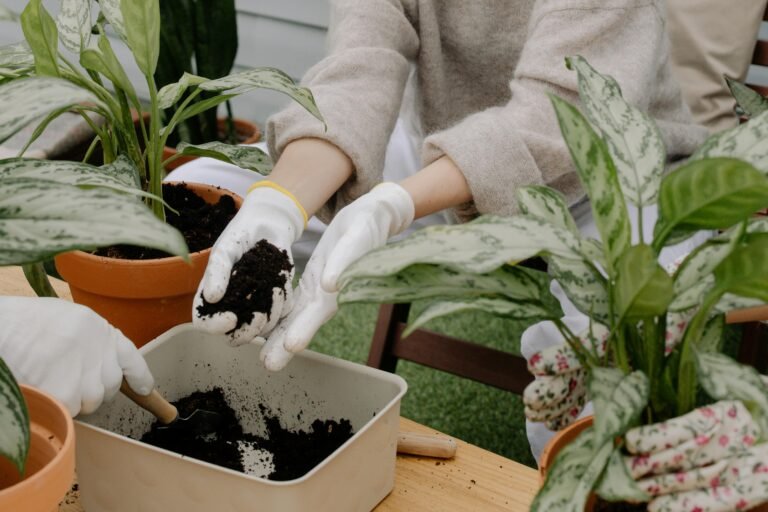
6. Embrace Companion Planting
Companion planting is an age-old gardening technique that involves growing certain plants together to enhance growth and repel pests. For instance, planting marigolds with tomatoes helps deter harmful insects, while basil can improve the flavor of tomatoes. Companion planting not only maximizes space but also reduces the need for chemical pesticides.
Both beginners and experts can benefit from companion planting to create a more balanced and pest-resistant garden.
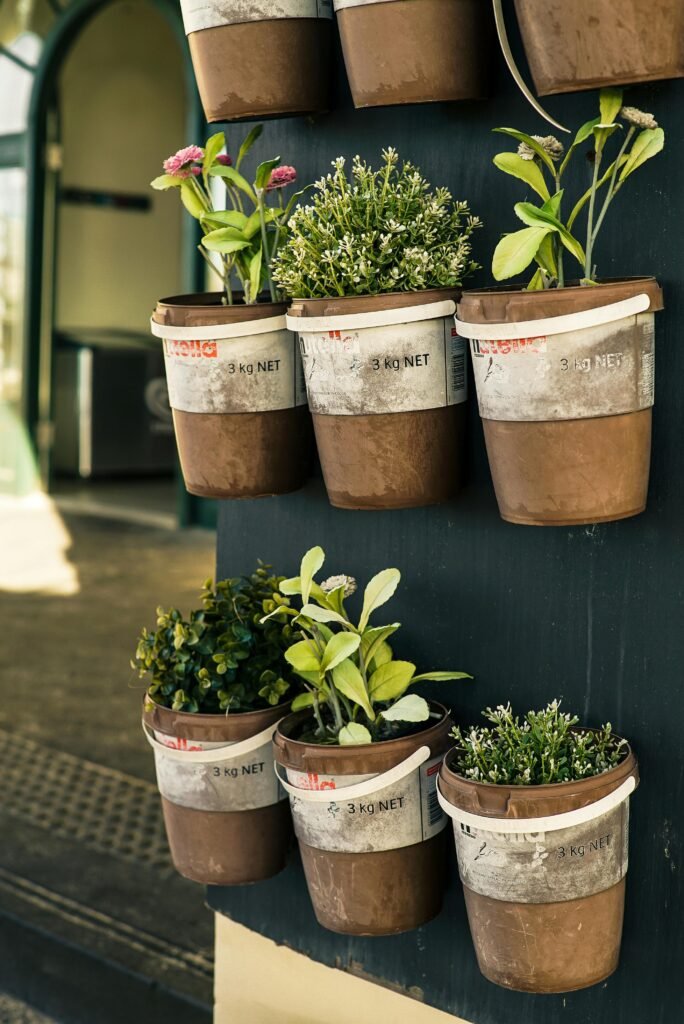
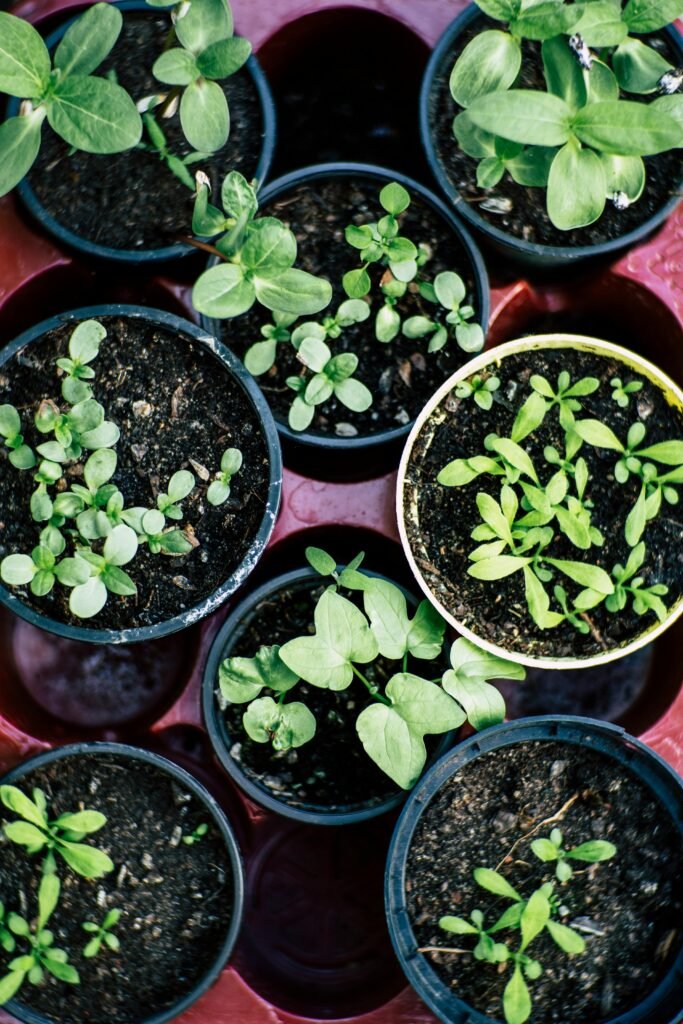
7. Keep Learning and Experimenting
Gardening is a lifelong journey of learning. As you gain more experience, you’ll discover which plants work best in your garden and how to improve your techniques. For beginners, it’s important to start small and gradually build your garden, learning from any mistakes along the way. Experts continue to experiment with new plants, layouts, and eco-friendly practices to further improve their gardening skills.
There are countless resources available, from gardening blogs and books to local garden clubs, where both beginners and experts can exchange tips and experiences..

Conclusion
Companion planting is an age-old gardening technique that involves growing certain plants together to enhance growth and repel pests. For instance, planting marigolds with tomatoes helps deter harmful insects, while basil can improve the flavor of tomatoes. Companion planting not only maximizes space but also reduces the need for chemical pesticides.
Both beginners and experts can benefit from companion planting to create a more balanced and pest-resistant garden.Whether you’re just starting or have years of gardening experience, these essential gardening tips can help you create a successful and vibrant garden. By selecting the right plants, preparing your soil, watering wisely, and embracing eco-friendly practices like mulching and companion planting, you can enjoy a beautiful, healthy garden year-round. Gardening is not just a hobby—it’s a rewarding lifestyle that promotes well-being, sustainability, and beauty. So grab your tools, get your hands dirty, and watch your garden flourish!


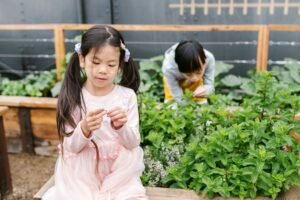

Pingback: Best Gardening Tips for Beginners - Garden Scoop
Pingback: Cottage Garden Design Ideas for Beginners - Garden Scoop